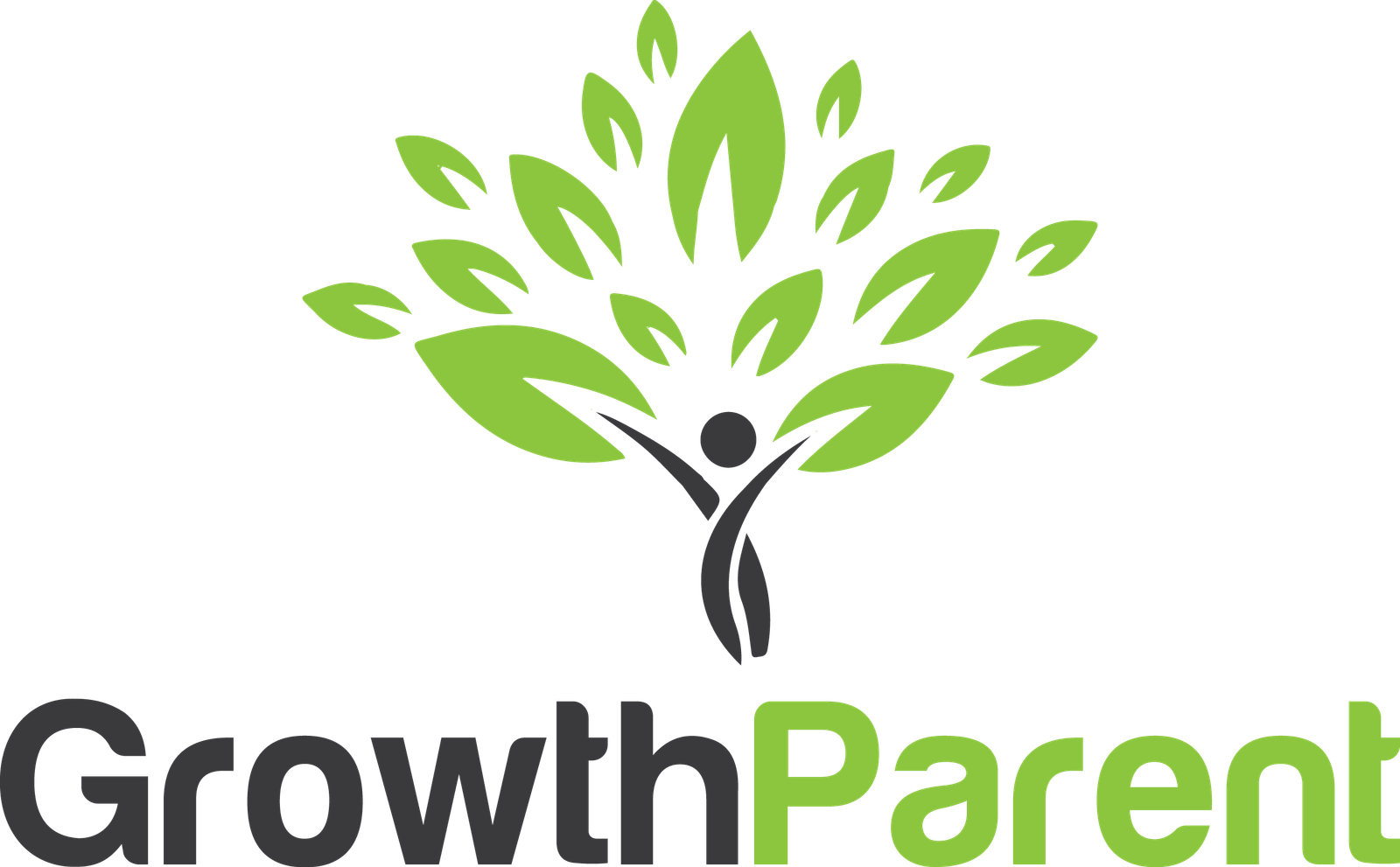
Growth never stops! Even for us as adults, we have dreams and ambitions. But how do we know if what we’re working on truly resonates with our passions or is worth our time? Do you know which areas you wish to grow in? Are you clear about the support your young one/s need?
The Power of Clarity
Clarity is the foundation of purposeful growth. Without it, we risk pursuing goals that don’t align with our values or supporting young people in ways that may not truly benefit them. Brendon Burchard’s Clarity Framework outlines essential areas for self-reflection, helping us uncover where to focus our energy.
Clarity for Parents: Self-Assessment
Start with yourself. Use these categories to evaluate your own goals and motives:
- Health – Are you modeling healthy habits?
- Mission – Does your work or purpose energize you?
- Learning – Are you developing skills that align with your goals?
Score yourself on a scale of 1 to 10. This isn’t about judgment; it’s just about awareness. For example, if you score low on health, a goal might be: “Walk for 20 minutes every other morning for the next month.” Brendon goes on to suggest 7 further areas to evaluate yourself in: Family, Friends, Finances, Mental/Emotional, Spirit, Experiences, Partner.
It may be worthwhile beginning with three a week and progressing from there, the benefit of this assessment is to reflect and find areas within yourself to build new habits where you find any deficits, you should try and align your goals with these growth areas.
Guiding Young People to Clarity
Encourage the young ones in your life to think about their own goals using the Primary Aspiration Theory. Break it into these simple steps:
- Being: What qualities make them proud of themselves?
- Relating: How can they improve their friendships or family relationships?
- Creating: What are they passionate about creating or learning?
- Growing: What skills do they want to master this year?
Ask them reflective questions like: “What’s something you’ve always wanted to try?” or “How can we support each other in our goals?”
Further Clarity
A powerful tool Brendon also provides is a series of questions that you should ask yourself and you child:
- Passion: What do you love to learn about?
- Need: The needs you recognise in the world that you would love to solve
- Lifestyle: The kind of life you would like to enjoy everyday?
- Community: The kind of people you would like to be around
The answers to these questions may change over time, but being aware of your answers gives you greater clarity!
Final Thoughts
Clarity is not a one-time achievement but a practice. Regularly revisit your goals, reflect on your progress, and adjust as needed.
Discover more from
Subscribe to get the latest posts sent to your email.
